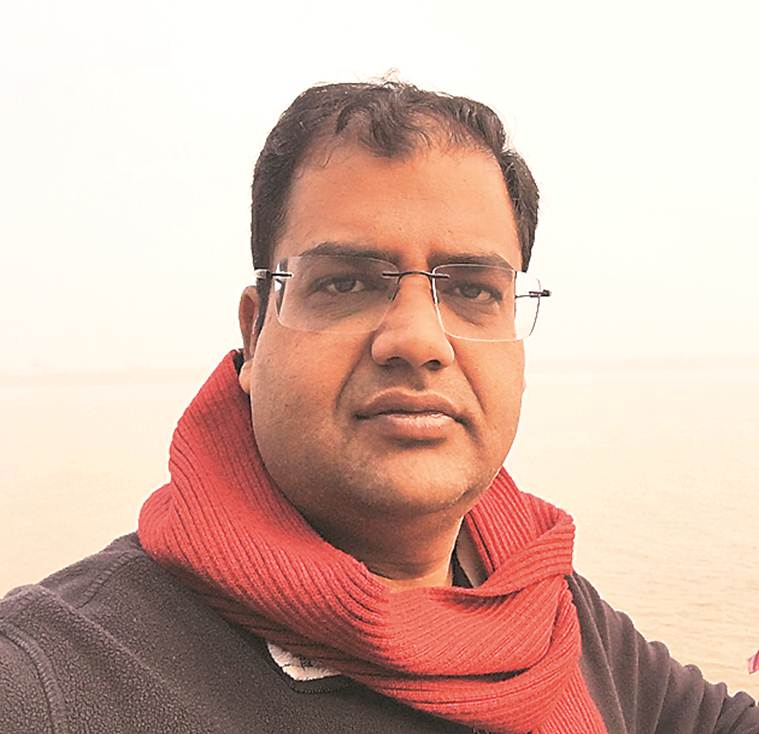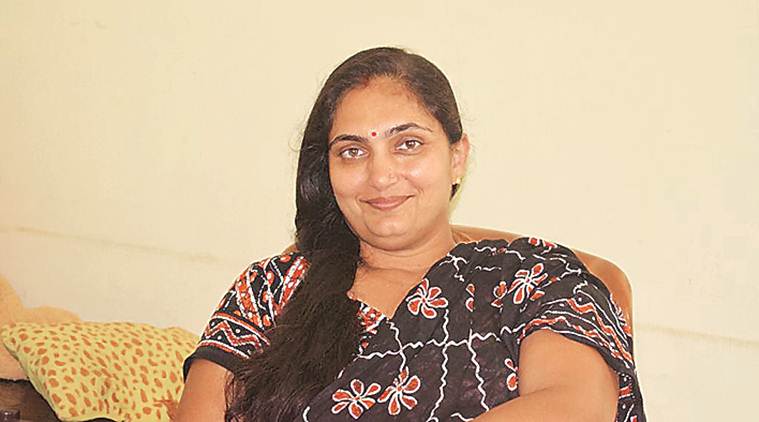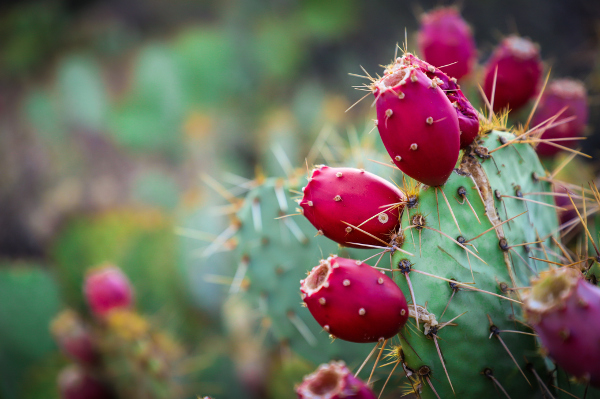A pharmacist from Saurashtra has claimed to have found a cure for anaemia from prickly pear that is found abundantly in the arid region of Gujarat — from prevalent folkloric and traditional knowledge of the Saurashtra and Kutch region.
The pill, developed from the fruit extract, is undergoing clinical trials for renal anaemia. It can prove to be an economical cure for the disease — researchers claim the treatment cost can be cut to one-fourth, in addition to replacing intravenous procedures with oral intake. In Gujarat, 63 per cent children — 55 per cent females and 22 per cent males — are reportedly anaemic.
Chauhan started the research 12 years ago under the guidance of Dr NR Sheth, vice-chancellor of GTU, and carried out phytochemical and pharmacological screening of the prickly pear. After preclinical pharmacological studies like haematinic, analgesic, anti-inflammatory and anti-allergic action and clinical observational trials for the management of anaemia in 2018, the product was launched in the market in September 2018 by SHPERO Health LLP, in the brand name, Hempoin.

The product claims solution over conventional medicine where various forms of iron are commonly prescribed that has side-effects like constipation, gastric discomfort and poor bio-availability. Chauhan says that the research was motivated by Dr Sheth, seeing a need for a “safe and effective herbal preparation to improve hemoglobin levels”.
“We started working on the prickly pear (Opuntia elatior Mill Family: Cactaceae), which is a traditional source for correction of anaemic condition in the Saurashtra region. Stability and obtaining higher concentration of active phyto constituent was one of the biggest problems when we targeted the use of biotechnological treatment…,” Chauhan told The Indian Express. Hempoin, according to him, is not a source of iron but it acts as iron exporter which facilitates iron absorption and transport.
Dr Sheth said, “The mission of the company recognised as a start-up is waste-to-value and sustainable development. It will also improve people’s health and generate employment in arid regions like Kutch, Saurashtra as well as Rajasthan by exploring other products from the cactus.”
The capsule dosage with scientific evidence and evaluation is protected by patent and trademark, while financial assistance is provided under the Startup India Policy 2015. The company is also recognised as a startup by the Department of Industrial Policy and Promotion (DIPP), Government of India.
“Clinical trials for renal anaemia are expected to complete in six months. If successful, it will drastically cut the costs of existing treatment that will cost around Rs 800-900 per month to one-fourth,” said Chauhan.
Dr Ujjwal Shah in Nadiad (Kheda district), a gynaecologist, has been prescribing Hempoin to his patients, including women for antenatal care and children, for the past one year. “The results are encouraging as patients on an average report 1.5-2 gm increase in haemoglobin levels within one month. So far, more than 2,000 patients have used this tablet,” he said.

The cost of an iron tablet that varies from 10 to 15 paise for one tablet while Hempoin costs Rs 11 per tablet. “It still works out cheaper than iron injections and has no side-effects”, according to Shah. It has been tested on more than 600 persons and the results have shown that 40 per cent of the patients recovered from anaemia in a month.
The innovation has also made farmers to grow this wild cactus on the boundaries of their farmland with seasonal crop. Manojbhai Vaghasiya, 34, a farmer from Atkot village, earns around Rs 35,000 per month by selling prickly pear from his 60-bigha farm.
“For the past five years, I have been providing the findala (prickly pear) for medicine though I am growing this on the boundaries of my farm. I am able to harvest this two to three times a year through which I earn a monthly additional income of 30,000-40,000,” said Vaghasiya.
Shaileshbhai Malaviya (38) from Jasapar village of Jasdan taluka says the cacti does not need any extra care once planted. “Besides, it also prevents wild animals from entering our farms and destroying our crop. Farmers from nearby villages have also started providing prickly pear for medicine,” said Malaviya.
Source: IE
Image Courtesy: UnSplash
You may also like
-
New Heat-Based Approach To Cancer Treatment Can Reduce Chemotherapy Doses
-
Scientists Take A Major Step Towards Unification Of Classical & Quantum Gravity
-
India Graphene Engineering and Innovation Centre (IGEIC) Under the Vision of Viksit Bharat@2047 Launched
-
New High-Performance Gas Sensor can Monitor Low Level Nitrogen Oxides Pollution
-
Antidepressant Drug can be Repurposed for Treating Breast Cancer
